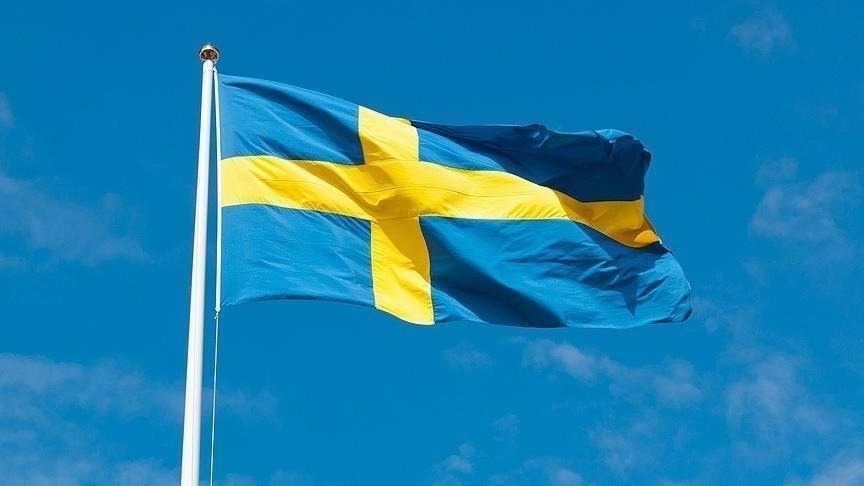Sweden’s prime minister calls for end to ethnic enclaves
Magdalena Andersson shows support for immigration minister’s plan to cap non-Nordic citizens in its cities

LONDON
Sweden’s prime minister called for an end to “ethnic clusters” in the country’s big cities Tuesday, saying there should be no Little Italy-type ghettos of immigrants.
Swedish should be spoken in all areas of the country, Magdalena Andersson told the Dagens Nyheter daily, adding: “We do not want to have Chinatowns in Sweden, we do not want to have Somalitowns or Little Italies.”
The move follows criticism of a proposal by Migration Minister Anders Ygeman that Sweden seek to limit the concentration of people with immigrant backgrounds in the most troubled areas of cities.
Expressing support for neighboring Denmark’s policy of seeking to limit immigrant concentrations, Andersson underlined, however, that this does not have to mean "forcibly moving people," as happened in Denmark.
Andersson said there are other ways to implement this, including building attractive cooperative housing.
"Then you get a mixed population,” she told the newspaper.
Leading Swedish experts in immigration and integration as well as many other political parties reacted strongly when Ygeman suggested that there should be a limit on non-Nordic inhabitants in Swedish cities.
But Andersson stood by the proposal and said there is nothing controversial about it, though it should have been implemented much earlier in order to prevent segregation.
But the immigration and integration experts expressed skepticism.
The effect of this policy would be to categorize people ethnically in terms of Nordic, “basically speaking, white people or non-Nordic, which would include large number of immigrants coming from non-European countries, the Middle East, Africa, and so on,” Charles Westin, a sociologist at Stockholm University, told Anadolu Agency.
Saying that this is not the way to deal with integration, Westin called it “a racist approach.”
“What comes to mind is the (former) system of apartheid in South Africa or other kinds of state racism,” he added.








